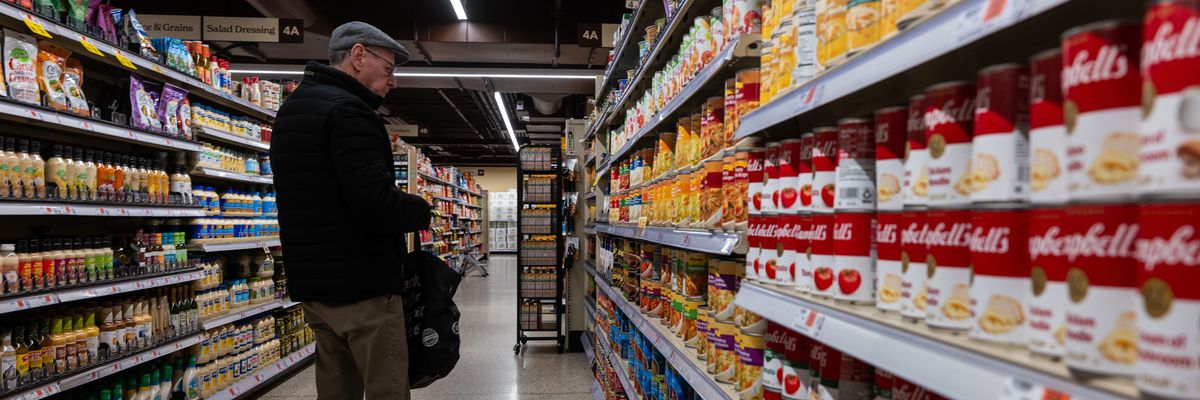The Trump administration has made its desire for Americans to expand their families well known, but a new survey out Monday details how a growing number of people are postponing such major life decisions—including having children, buying a home, or expanding their education—due to the economic anxiety created by President Donald Trump's policies.
The Harris poll was conducted on behalf of The Guardian between April 24-26, in the wake of the news that the White House was considering multiple ways to encourage people to have more children. The proposals being floated by "pronatalist" advisers include a $5,000 "baby bonus" that the administration would offer to people when they have a new baby—which would cover less than half of the average annual cost of childcare in the United States.
The survey suggested that the proposal was not enticing to would-be parents in the U.S., with 65% of people who had previously planned to have a child in 2025 reporting they were now holding off on the decision. Thirty-three percent said they were not comfortable expanding their families in the current economy, and 32% said they were unable to afford having a child.
Trump has imposed and rolled back various tariffs several times since taking office; the White House announced Monday that reciprocal tariffs with China were being paused for 90 days while the two countries try to work out a trade deal. Tariffs on Canadian and Mexican goods are partially in effect, and the administration has also imposed tariffs on aluminum and steel imports, cars, and car parts.
The U.S. economy contracted in the first quarter, with the gross domestic produce declining at an annual rate of 0.3% after having climbed by 2.4% in the final quarter of 2024.
For Americans, the tariffs have meant higher prices for items like toys, children's clothes, household tools, and washing machines.
As Common Dreams reported last week, despite Trump's proposal of a "baby bonus," Groundwork Collaborative executive director Lindsay Owens has termed the tariffs a "baby tax"—directly causing essentials like strollers, high chairs, and cribs to cost more.
"The president promised to lower costs on day one, and by that standard, he's broken that promise and has made choices that will cost families thousands of dollars a year," said Groundwork Collaborative fellow Michael Negron told a U.S. House committee last week.
Nearly 80% of people surveyed said they've experienced higher grocery prices since Trump took office—despite the fact that he explicitly promised his presidency would swiftly bring about a lower cost of living—and 60% said they noticed their monthly bills going up.
The Harris poll found that 66% of people are now putting off making large purchases like cars or home appliances under Trump's economy, and three-quarters of those who had previously been hoping to buy a home are postponing that purchase.
Mortgage rates are currently 6.7%—more than double what they were four years ago.
CNN reported last month that although interest rates on home loans have been falling, "President Donald Trump's scattered approach to tariffs and an escalating trade war with China has injected volatility into the stock market, and resulted in a sell-off in U.S. bonds last week."
Sixty-eight percent of Millennial and Gen Z renters—those in their 20s, 30s, and early 40s—said they had a goal of buying a home, compared to 29% of older renters, suggesting that the major life decisions of younger Americans are being most affected by the Trump administration.
The Harris poll also asked respondents if they believed the economy is worsening, and found a partisan divide: 33% of Republicans said yes compared to 73% of Democratic voters who agreed.
But among Independents—44% of whom supported Trump in the 2024 election, according to a post-election survey—64% agreed with the majority of Democrats about the economy's trajectory.
Nearly a third of respondents said they believe Trump's tariffs will cause the most harm to their household finances, despite the president's claims that the tariffs will "make America wealthy again."
During his testimony last week, Negron said that higher prices on essential goods and services "are the types of things that you would expect to hear when you look at what experts have said, that [tariffs are] going cost anywhere from $4,500 to $5,000 more for the average household once they're fully in effect."
"When you look at the promises to lower prices," he said, "the administration is not living up to them."




